Re-Defining Social Capitalism
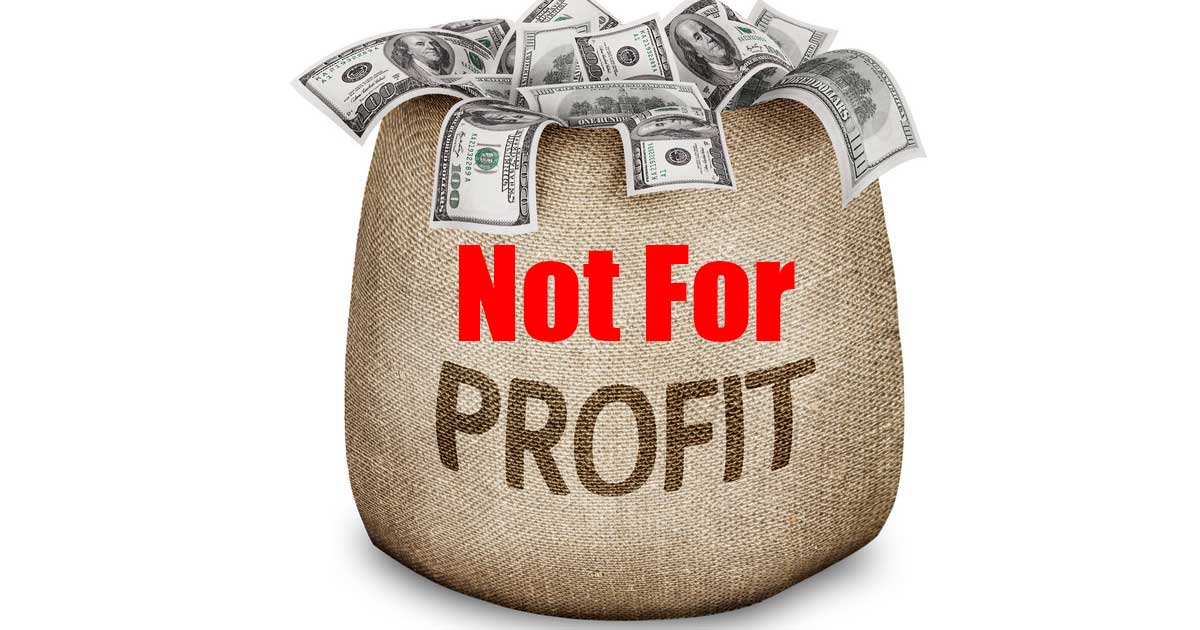
Social Capitalism can be defined as a socially minded form of capitalism, where the goal is doing social good, rather than just the accumulation of capital.
Money is any item or record accepted as payment for goods, services, or debt. This includes physical fiat currency, digital currency, and mediums of exchange.

Social Capitalism can be defined as a socially minded form of capitalism, where the goal is doing social good, rather than just the accumulation of capital.

We present a simple guide to Marx, Marxian class theory, Marx’s theory of history, and Marx’s economic theories to help westerners understand what Marx was all about.
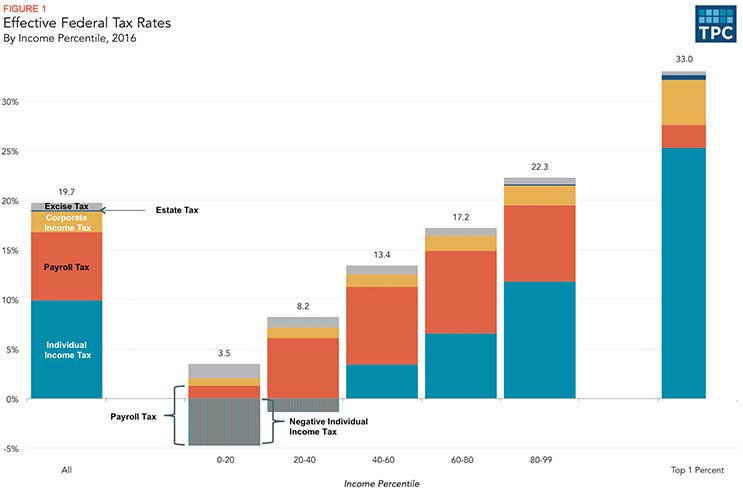
In America we have a Progressive Federal Income Tax system broken down into “tax brackets”. Tax Filers pay the “marginal tax rate” on each dollar of income in a given bracket (after most deductions, but before tax credits).

We explain neoliberalism, globalization, nativism, and protectionism and the pros and cons of “neoliberal globalization” and “nativist protectionism.”
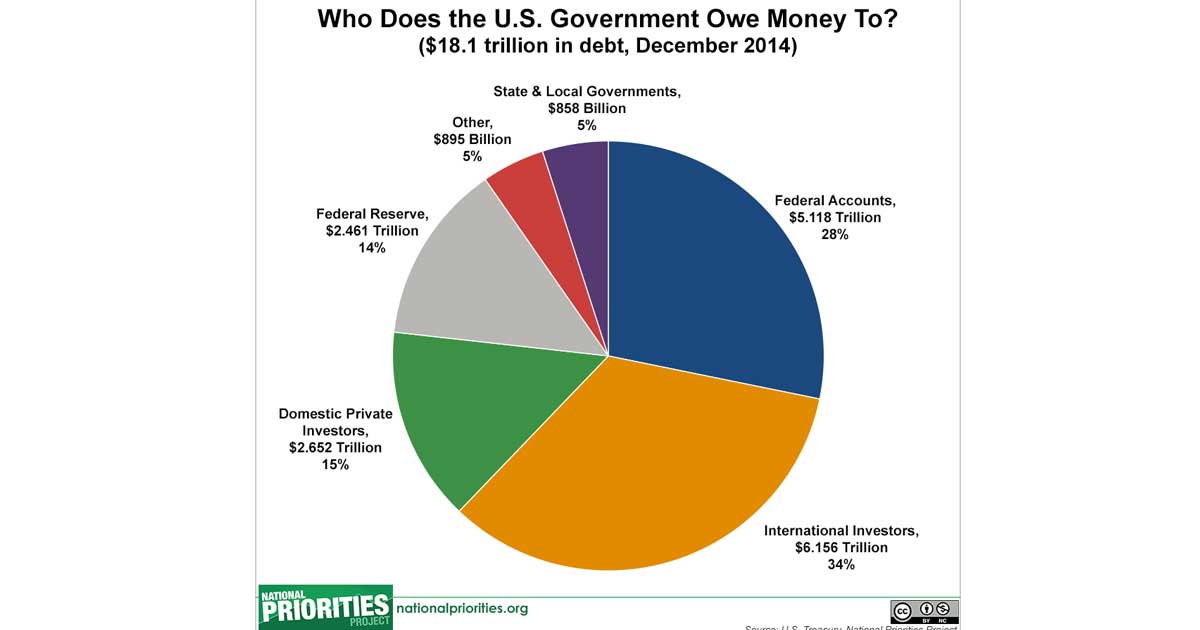
Below we explain how currency gets into circulation via the Treasury, Federal Reserve, and banks, and the role Congress, banks, businesses, and you play in the process.

Modern banking originated in Italy around 1150 as Jews fleeing persecution brought new practices, including “discounting”, to the merchant banks of the Italian piazzas.
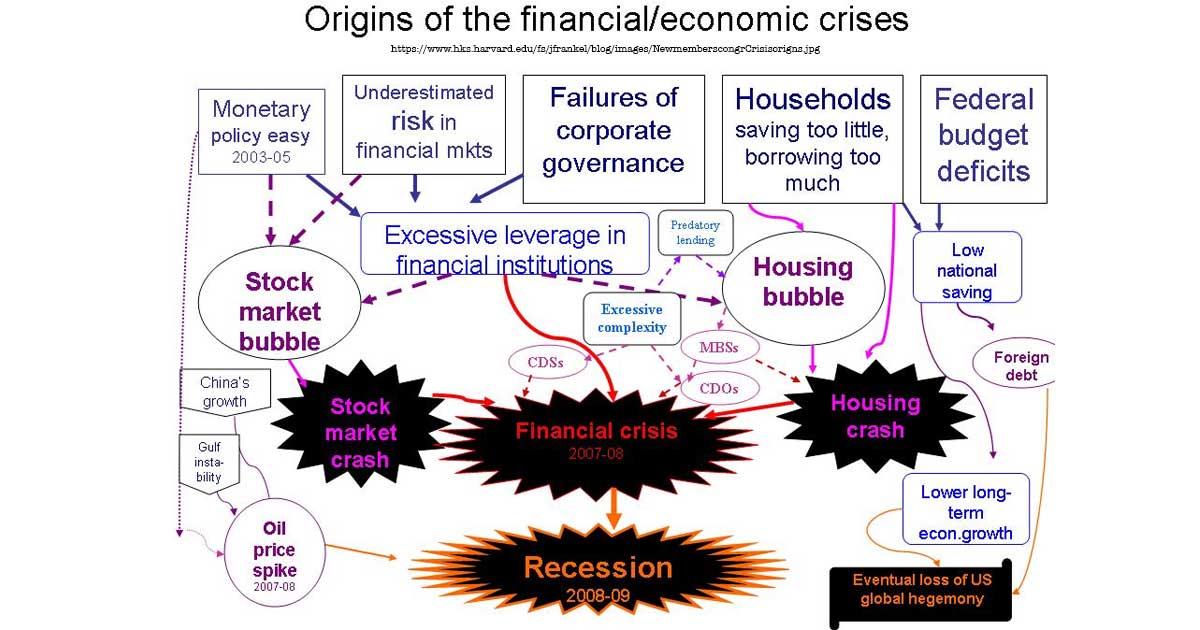
We explain the Financial Crisis / Great Recession of 2007 – 2009 that began with the 2006 housing bubble, led to a recession in the U.S. by December 2007, and became a global crisis by 2009.
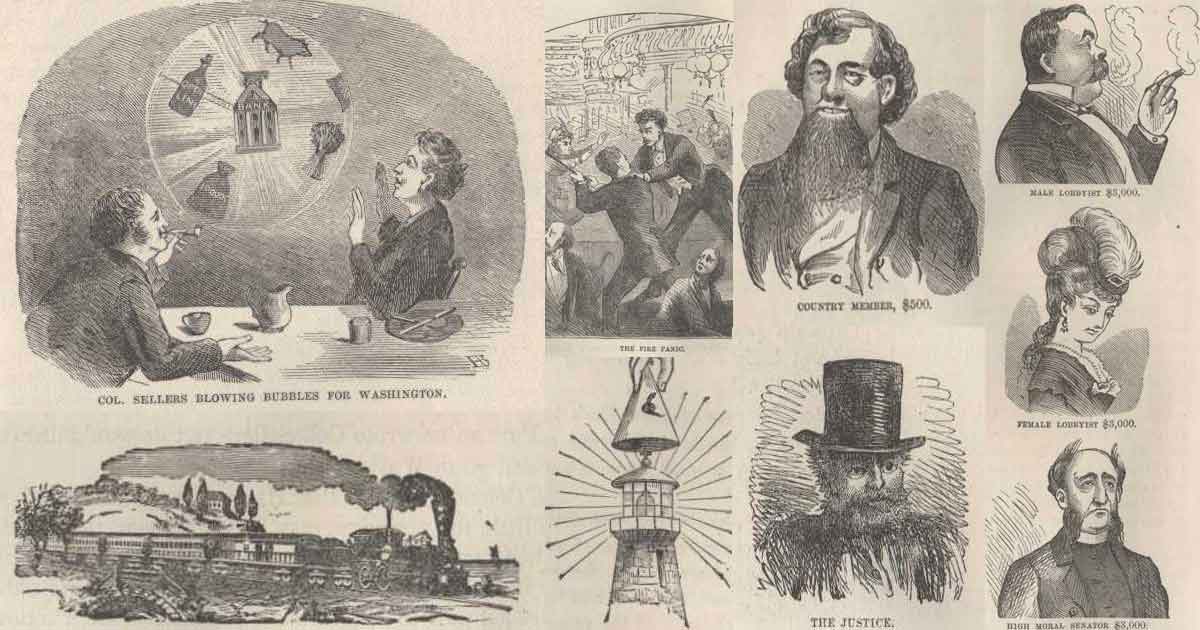
Below we present an annotated version of Andrew Carnegie’s 1889 essay Wealth (better known as the Gospel of Wealth).
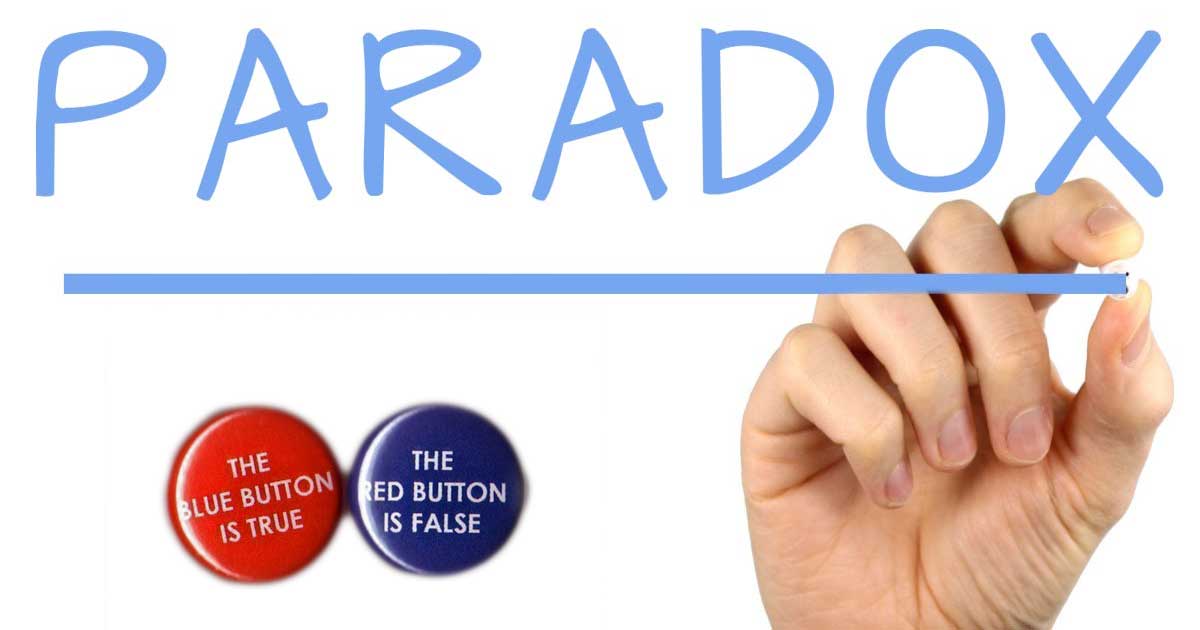
In practice, human action often has paradoxical or unintended effects. Sometimes effects or side effects even have the exact opposite effect as intended.
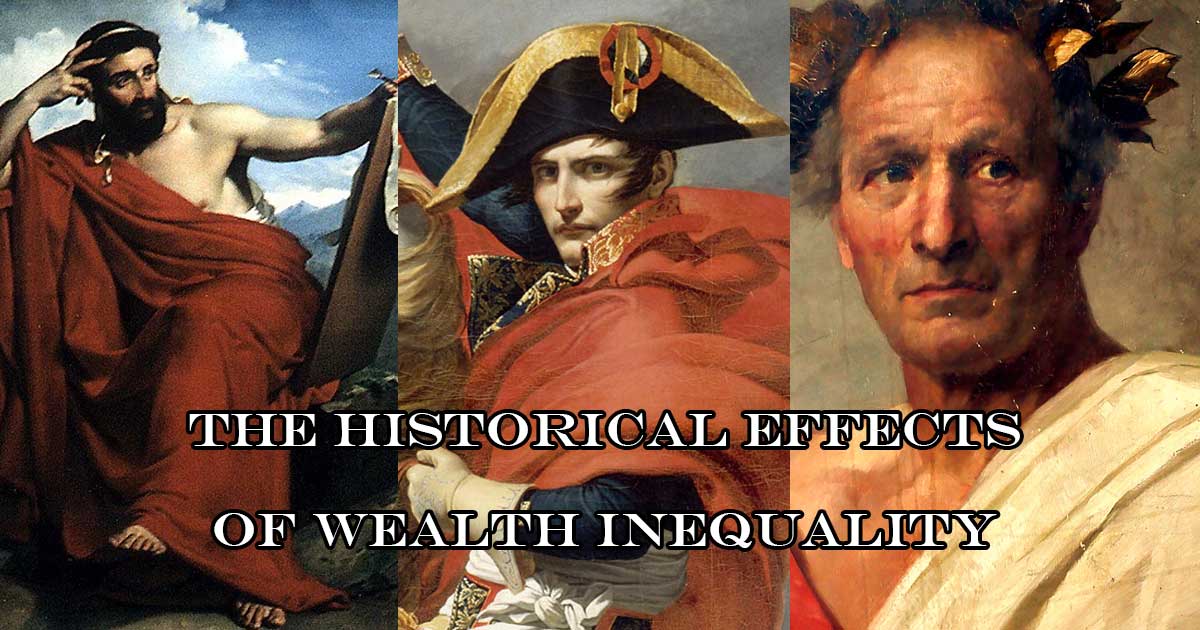
We examine the historical effects of social, political, and economic inequality on society to see how it has led to social unrest and events like revolutions and populist uprisings.